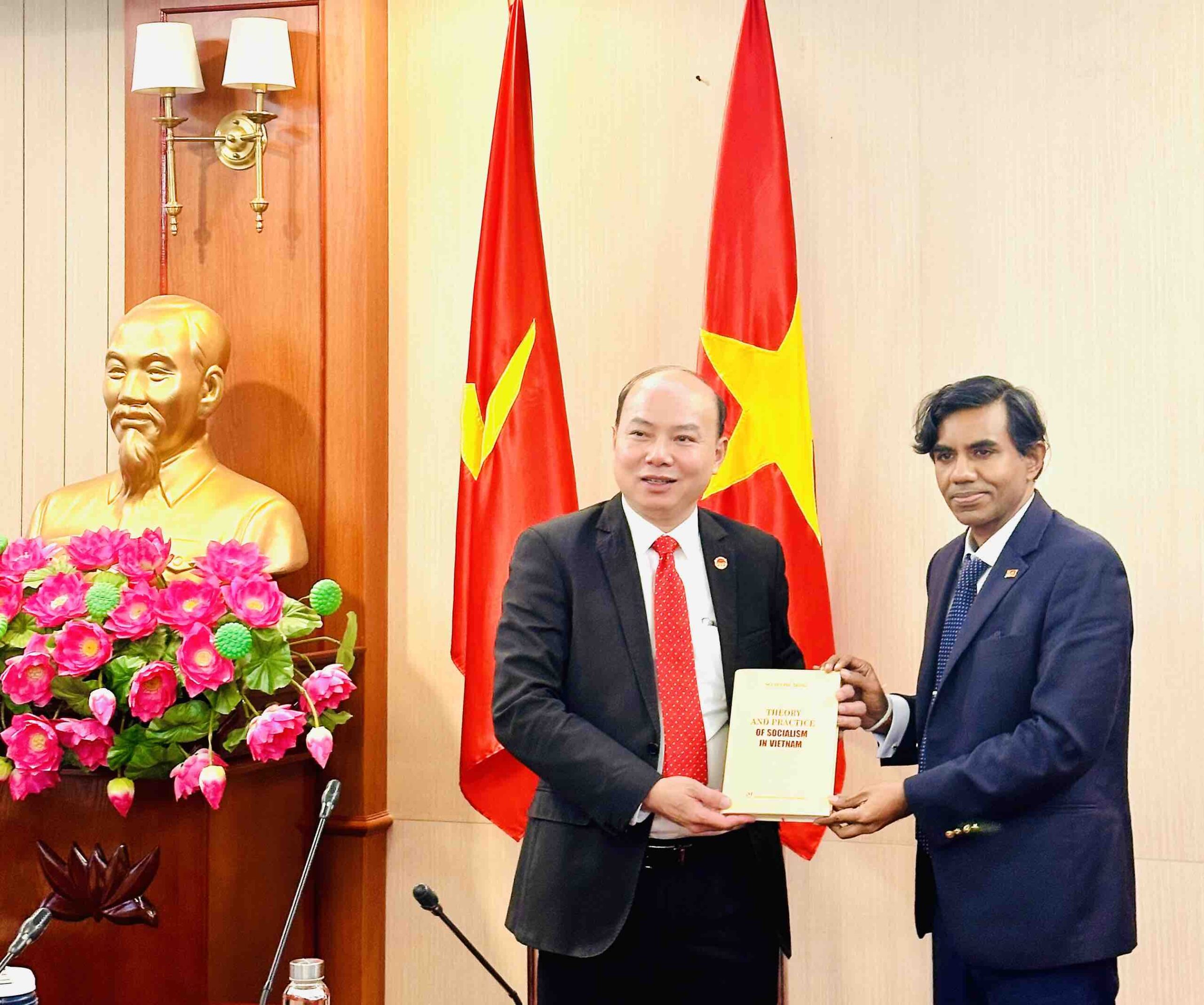The Millennium Project has just launched its South Asia Foresight Network (SAFN) with representatives from Afghanistan, Bangladesh, Bhutan, India, Maldives, Nepal, Pakistan, and Sri Lanka. SAFN’s purpose is to create a regional foresight capacity for joint futures research to improve cooperation and synergies among all nations of the region.
SAFN was launched due to four challenges in the region: 1) Lack of Futures Research and applications of futures methods in multiple sectors, from Government, Civil society, and Academia to Private Sector; 2) The absence of a South Asia unified platform to exchange future studies and their application; 3) To become a ‘One Stop Shop’ of Futures research knowledge of South Asia – a repository of data and information for futures researchers and other stakeholders; and 4) Support South Asian Think Tanks to develop their own Futures Studies knowledge by connecting them with the network of the global futures think tanks in 70 countries of The Millennium Project.
South Asia is one of the most volatile regions in the world, involved in issues relating to Climate, Insurgency, Terrorism, Border Disputes, and many transnational security challenges. Futures Research will develop alternative futures and implications for actionsfor policymakers and all stakeholders. SAFN will promote work of Futures Studies and Research in multiple sectors, including, Foreign Relations and Geopolitics, Agriculture, Education, Political-Economy, Tech and IT, Climate, Security, Regionalism, and the Indian Ocean. SAFN will build a close community of Futures Researchers and contributing to the collective learning in the development of foresight skills. Finally, SAFN will assist in developing initiatives and futures research towards regional integration assist policymakers, academics, and civil society in this regard.
Asanga Abeyagoonasekera, Executive Director of SAFN speaking at the inaugural launch, highlighted the importance of this timely initiative as a priority for the South Asia region. The SAFN Directors for the respective nations include: Puruesh Chaudhary, Chair of Pakistan Node of The Millennium Project; Dr. Pramod Jaiswal, Research Director at Nepal Institute for International Cooperation and Engagement and Chair of the Nepal Node of The Millennium Project; Prof. Swaran Singh – JNU Professor for International Relations; Maj.Gen. Muniruzzaman from the Bangladesh Institute of Peace and Security Studies (BIPSS) Think Tank; Ambassador Abdul Ghafoor Mohamed from Maldives to Washington; Ambassador Ashraf Haidari from Afghanistan; and Asanga Abeyagoonasekera, from Sri Lanka.



